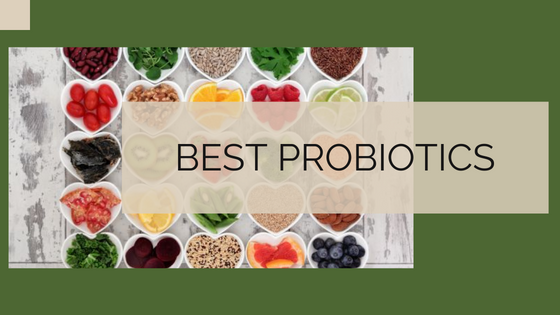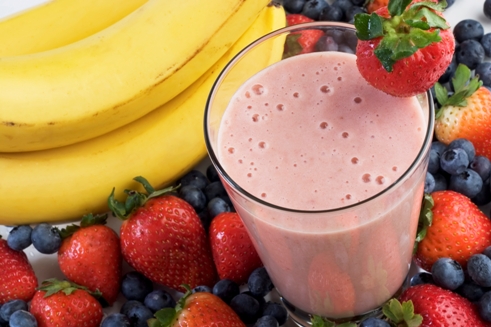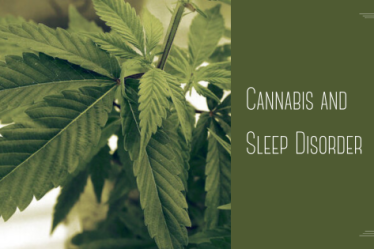
There are trillions of bacteria in our bodies, most of which live in our guts. These microbes play important roles in digestion and immune function, among other things.
But these microbes can sometimes cause problems by creating inflammation or releasing toxins that irritate the gut lining.
Some people have less diversity than others in their gut microbial communities. And some people have more harmful bacteria than others, which can lead to inflammation and other symptoms like diarrhea, bloating and abdominal pain.
This kind of dysbiosis — a condition where there’s an imbalance between good and bad bacteria — has been linked with several conditions including diabetes, multiple sclerosis (MS), irritable bowel syndrome (IBS) and inflammatory bowel disease (IBD).
How To Get Healthy Gut Bacteria?
But how do you know if your gut is healthy? And how do you balance it if it’s not?
The answer is: It depends. There are many factors that can influence your gut microbiome and how it responds to different foods, supplements and lifestyle changes. For example, genetics play a role in whether you have more or less diversity in your gut microbes (a condition known as “bacterial richness”). Age, body weight and health status can also affect your gut microbiome. So can gender and whether you’re a vegetarian or vegan.

A healthy gut microbiome is like an ecosystem, with many different types of bacteria and other microbes that work together to protect the body. It’s thought that up to one-third of our immune system may be located in the gut, which means that probiotics are more than just good for digestion — they can affect overall health.
Studies have shown that gut microbes can be affected by our diet, lifestyle and environment. A healthy diet full of fruits and vegetables is thought to help maintain a healthy microbial balance in the gut.
However, there are other factors that can affect gut health such as stress, sleep quality and even exercise.
Probiotics and Prebiotics
Probiotics are live organisms that have been shown to have a beneficial effect on the host when ingested. They can be found in foods like yogurt, sauerkraut and miso, as well as dietary supplements. Prebiotics are non-digestible food ingredients that promote the growth of good bacteria in your gut — think fiber!
Probiotics and prebiotics are often used together in supplements to promote a healthy balance of bacteria in the gut. Seed probiotic is a perfect example of this. It contains a blend of probiotics and prebiotics to promote healthy gut bacteria and a strong immune system.


